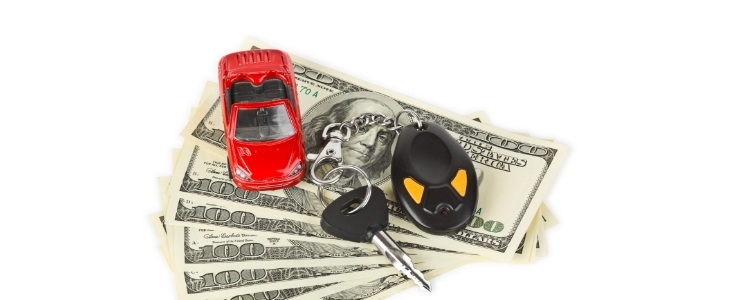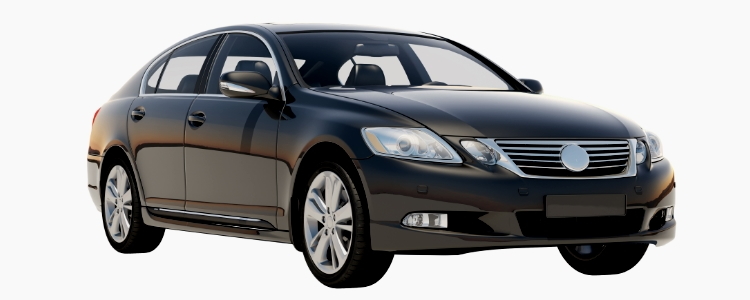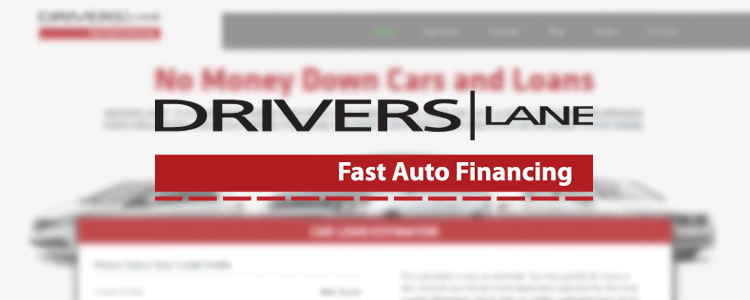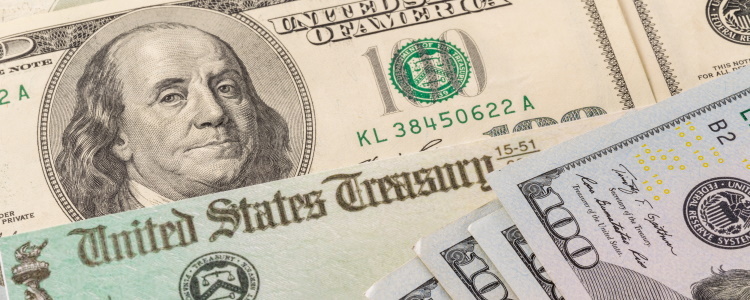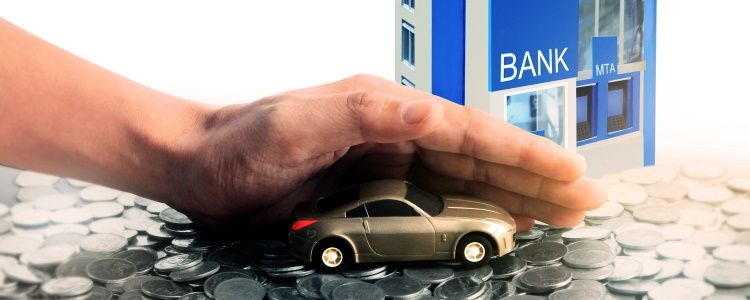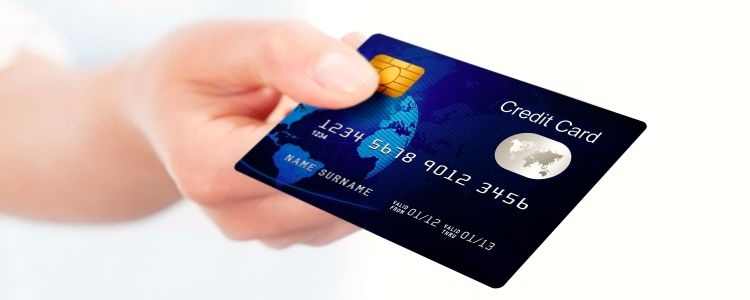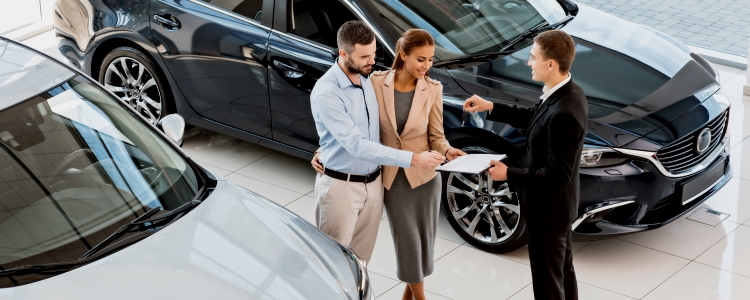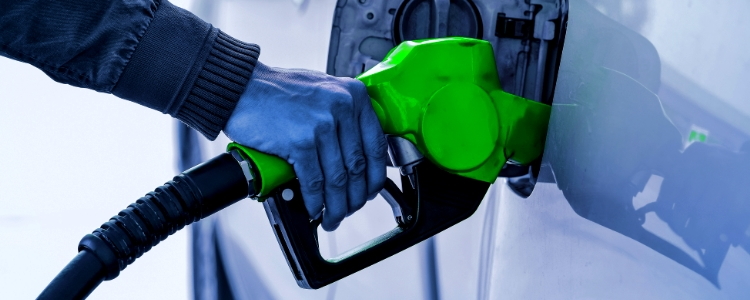With a purchase as expensive as a car, it's important to never stretch your budget too thin. The total cost of buying and owning a car extends far beyond your monthly payment, so there's a lot to consider. These tips can help you plan out your budget for your next car purchase.
Getting Started
Getting your budget ready well before making plans to actually buy a car is a smart thing to do. There's a lot to figuring out how much car you can afford, but it's easier when you plan ahead.
Many financial experts suggest that your car-related expenses shouldn't top 20 percent of your take-home pay. For example, if you earn $2,500 a month, aim to spend less than $500 total on everything, including your monthly payment, car insurance, fuel, maintenance, and repairs. It's important to include these costs of owning and operating a vehicle in your budget.
Keep in mind that 20 percent is only a guideline. Take a close look at what you make and how much you're spending each month to get an idea of what you're comfortable spending.
What to Include in Your Car Buying Budget
Make sure to take the following into consideration when planning your purchase:
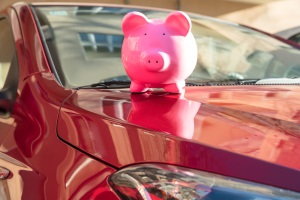 Monthly Payment - If you're taking out an auto loan, you need to figure out what you're willing to pay each month. Use your budget to help narrow down a payment range.
Monthly Payment - If you're taking out an auto loan, you need to figure out what you're willing to pay each month. Use your budget to help narrow down a payment range.- The Total Cost - At the same time, don't lose sight of the total cost of the loan. You may be tempted to lengthen your loan term to get a lower monthly payment and/or a nicer vehicle, but this can cost you more in the end due to higher interest charges.
- A Down Payment - The more money you put down, the more you're helping yourself save in the long run. A down payment reduces the amount of your loan, which lowers your monthly payment and the total amount you'll pay in interest charges. Car buying experts recommend that you have at least a 10 percent down payment. Remember, you can trade in your current car and apply it toward your down payment.
- Taxes, Fees, and Extras - Don’t forget about sales tax, vehicle registration fees, dealer documentation fees, destination charges, or add-ons. Factor these into your car buying budget and try to pay them upfront. Otherwise, you'd have to roll them into your loan and pay interest on them.
The Bottom Line
Planning out your budget before making any decisions will only help you and your wallet out. Take the time to map out everything you need to account for before you even think about heading to a dealership.
Finally, if you need a car loan but your credit is keeping you from getting approved, Drivers Lane wants to help. We connect car buyers with nearby dealerships that specialize in helping people dealing with credit troubles. Get the process started today by filling out our free and secure auto loan request form now.









